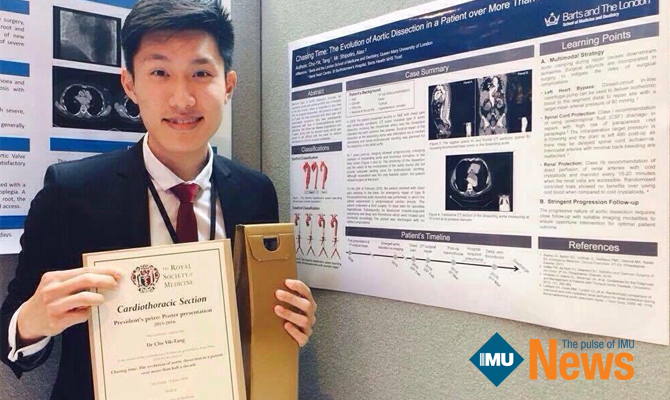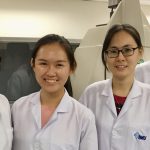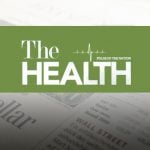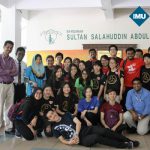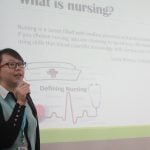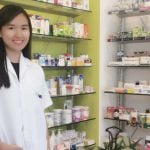24 June 2016 – IMU Alumnus, David Tang Chu Yik won the first prize for poster presentation at the Royal Society of Medicine Cardiothoracic Section Meeting – Evolution or Revolution: Survival of the Cardiothoracic Surgeon. The presentation was on his poster: Chasing time: The Evolution of Aortic Dissection in a Patient Over More than Half a Decade. This case study was written in close collaboration with his supervisor, Mr Alex Shipolini, a consultant cardiothoracic surgeon from St Bartholomew’s Hospital with special interests in challenging adult cardiac surgeries. “I ended my cardiothoracic rotation back in late March. When I came across the prize 4 months later, I was at the edge of foregoing this prize as I have my third year finals to focus on. Nonetheless, I met Mr Shipolini in operating theatre on a Wednesday and he was very supportive of me joining this event. I used 3 hours to complete the case study and the abstract and the following week to go through the editing. Winning the prize was a pleasant surprise to me as well.” 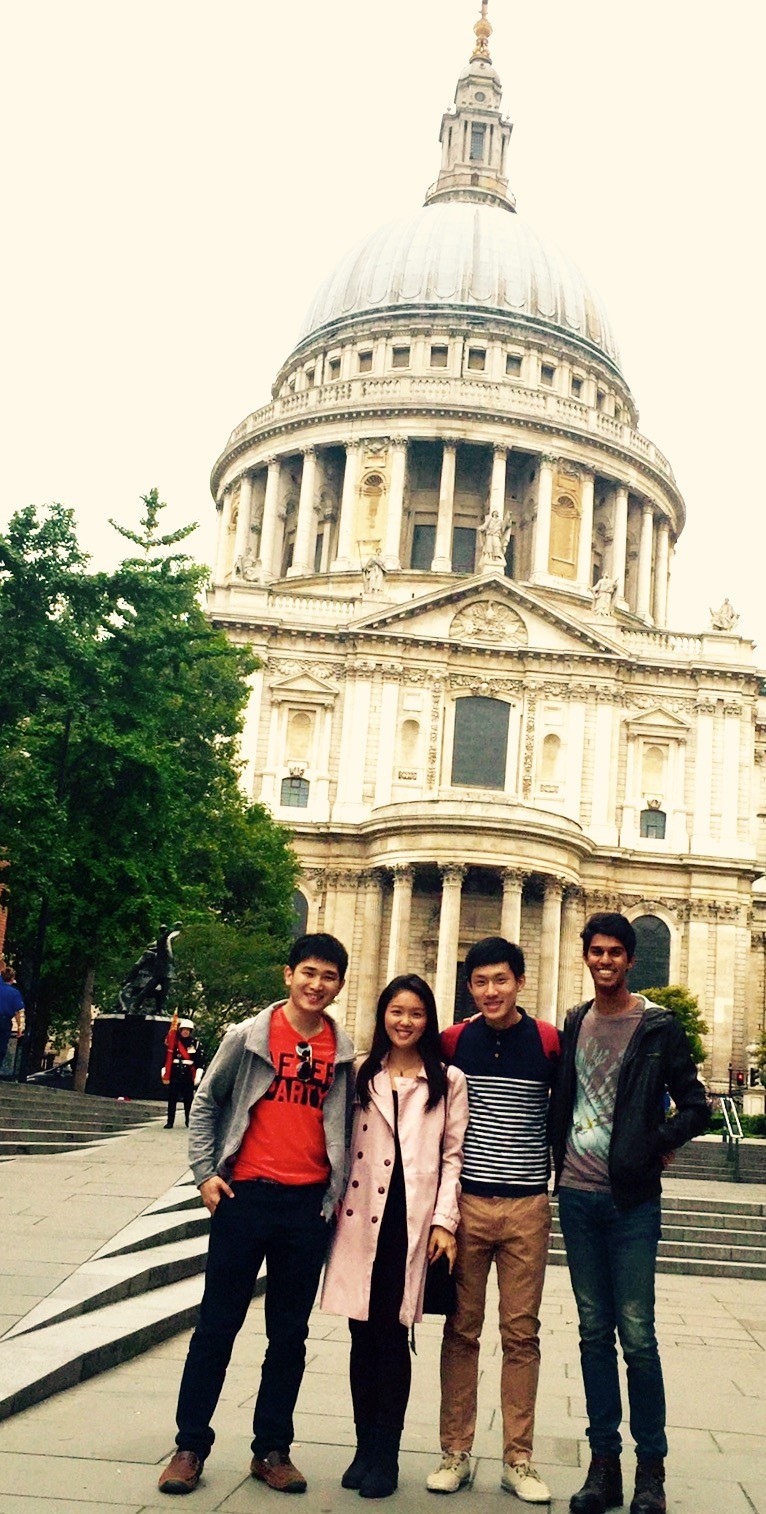 The meeting was attended by Cardiothoracic Consultant and trainees from across the UK. Notable guest speakers include Professor Terence Stephenson, Chair of the General Medical Council, Professor Harold Ellis, Emeritus Professor of Surgery, University of London and Mr Declan Magee, President of the Royal College of Surgeons Ireland. A third year medical student at Queen Mary University of London, David Tang Chu Yik, started his studies in medicine at the International Medical University, Malaysia. He then transferred to Queen Mary University of London for completion of his degree. Relating his experience in choosing this partner university, David said, “I still remember that the ranking process was a hard and gruelling one. There were so many aspects to consider. I started reading up the SRC university profiles which I have downloaded when I was in Semester Two whilst taking long bus rides back to my hometown in the northern state of Kedah (I didn’t have mobile data in the past, my friends knew it was impossible to contact me through watsapp)!” “One of the few key features that attracted me to Barts was the length of clinical placement in the specialty of my interests. I personally felt that I was ready for the clinical phase and hence I prefer more time spent in the wards as opposed to lectures, which Barts offers. Going to a medical school in London means that I am also conveniently close to the central point for academic conferences. Weather in the UK was something I didn’t prepare myself for and I was definitely caught off-guard, even though London’s weather is much milder compared to the rest of the UK! Nevertheless, these are all my subjective preferences and I believe all medical schools have their plus points which some people prefer over others.” David tells us more about being a medical student in this interview. Describe your experience studying at Partner Medical School
The meeting was attended by Cardiothoracic Consultant and trainees from across the UK. Notable guest speakers include Professor Terence Stephenson, Chair of the General Medical Council, Professor Harold Ellis, Emeritus Professor of Surgery, University of London and Mr Declan Magee, President of the Royal College of Surgeons Ireland. A third year medical student at Queen Mary University of London, David Tang Chu Yik, started his studies in medicine at the International Medical University, Malaysia. He then transferred to Queen Mary University of London for completion of his degree. Relating his experience in choosing this partner university, David said, “I still remember that the ranking process was a hard and gruelling one. There were so many aspects to consider. I started reading up the SRC university profiles which I have downloaded when I was in Semester Two whilst taking long bus rides back to my hometown in the northern state of Kedah (I didn’t have mobile data in the past, my friends knew it was impossible to contact me through watsapp)!” “One of the few key features that attracted me to Barts was the length of clinical placement in the specialty of my interests. I personally felt that I was ready for the clinical phase and hence I prefer more time spent in the wards as opposed to lectures, which Barts offers. Going to a medical school in London means that I am also conveniently close to the central point for academic conferences. Weather in the UK was something I didn’t prepare myself for and I was definitely caught off-guard, even though London’s weather is much milder compared to the rest of the UK! Nevertheless, these are all my subjective preferences and I believe all medical schools have their plus points which some people prefer over others.” David tells us more about being a medical student in this interview. Describe your experience studying at Partner Medical School  I started my third year along with transfer students from Cambridge and the ‘Maxfax’ entrants, whom of which are 8 brilliant BDS dental degree holders and aspiring oral maxillofacial surgeons, in pursuit of their medical degree in merely 3 years. The atmosphere at Barts was very friendly and I swear no one had to point a gun barrel at my head for me to say so! It definitely helped me to settle in very quickly. My first placement was at Garrod Ward, the endocrinology department at St Bartholomew’s Hospital. We were the first point of contact for all inpatients admissions and we presented our case directly either to the registrars or the consultant whilst they ran us through the management plans. We also had the opportunity to scrub in with endocrinology surgeries every Wednesday. Common surgeries are adrenalectomies and thyroidectomies. I could still remember how thrilled I felt putting on my first pair of scrubs and I was grinning from ear to ear under my mask throughout the surgery (I’m sure all my Maxfax friends will mock me after reading this)!
I started my third year along with transfer students from Cambridge and the ‘Maxfax’ entrants, whom of which are 8 brilliant BDS dental degree holders and aspiring oral maxillofacial surgeons, in pursuit of their medical degree in merely 3 years. The atmosphere at Barts was very friendly and I swear no one had to point a gun barrel at my head for me to say so! It definitely helped me to settle in very quickly. My first placement was at Garrod Ward, the endocrinology department at St Bartholomew’s Hospital. We were the first point of contact for all inpatients admissions and we presented our case directly either to the registrars or the consultant whilst they ran us through the management plans. We also had the opportunity to scrub in with endocrinology surgeries every Wednesday. Common surgeries are adrenalectomies and thyroidectomies. I could still remember how thrilled I felt putting on my first pair of scrubs and I was grinning from ear to ear under my mask throughout the surgery (I’m sure all my Maxfax friends will mock me after reading this)!
I’ve recently completed my 3rd year at Barts and the London School of Medicine and Dentistry. In my 3rd year, I have undergone placement in core medical specialties namely cardiology, respiratory medicine, haematology, gastroenterology and general surgery, nephrology and endocrinology, all of which coincide with the system-based approach adopted by IMU in the first two years of the MBBS degree. Clinical phase teaching is almost entirely placement based and learning opportunity is by far more meaningful in hospitals.
Describe your experience studying at IMU I can’t stop praising how adequately IMU has prepared us for the clinical phase overseas. Even in our first semester, the emphasis on clinical skills right after orientation week prepares us for learning in the wards. With the technicalities of clinical and communication skills out of the way, the final hurdle was to understand the local accent and honestly, London accent is not a tall hurdle at all!  The best part of being an IMU student was the sense of community. Everyone seems to know each other in IMU and there’s so many things to do after lectures to suit every interests. No one ever feels left out! All the ‘mamak’ sessions after cheer practice, Friday movie nights and impromptu Malacca food trips were random escapades from my routine student life. I would definitely want to relive my moments in IMU if I were given another chance. How is this different from studying at IMU Buildings in London are more historical. Barts medical library is a converted church. Barts clinical skills centre and the main medical campus are 40 minutes away on foot. Everything else is more expensive. There’s no nasi lemak stalls by the roadside! Jokes aside, it’s very difficult to compare pre-clinical phase and clinical phase learning. If I were to make a comparison based on my observation, I noticed that IMU students were exposed to tropical medicine in great depth, which is considered a niche subject in the UK. Whilst Barts students are very well-versed in many autoimmune diseases, which are easily submerged by the vast amount of other conditions emphasised in IMU. It’s a relatively minor trade-off plus it’s not something an hour or two of reading can’t compensate.
The best part of being an IMU student was the sense of community. Everyone seems to know each other in IMU and there’s so many things to do after lectures to suit every interests. No one ever feels left out! All the ‘mamak’ sessions after cheer practice, Friday movie nights and impromptu Malacca food trips were random escapades from my routine student life. I would definitely want to relive my moments in IMU if I were given another chance. How is this different from studying at IMU Buildings in London are more historical. Barts medical library is a converted church. Barts clinical skills centre and the main medical campus are 40 minutes away on foot. Everything else is more expensive. There’s no nasi lemak stalls by the roadside! Jokes aside, it’s very difficult to compare pre-clinical phase and clinical phase learning. If I were to make a comparison based on my observation, I noticed that IMU students were exposed to tropical medicine in great depth, which is considered a niche subject in the UK. Whilst Barts students are very well-versed in many autoimmune diseases, which are easily submerged by the vast amount of other conditions emphasised in IMU. It’s a relatively minor trade-off plus it’s not something an hour or two of reading can’t compensate. 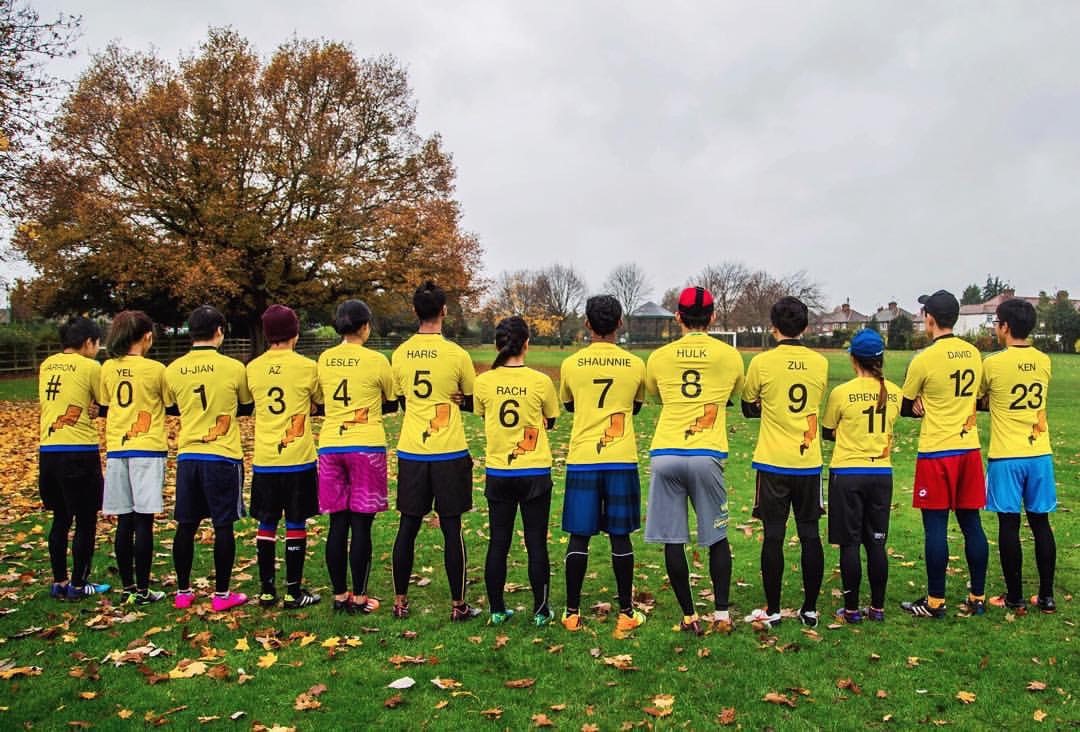 Memorable experience in London On my first day attending the clinical skills bridging course at Barts clinical skills centre, I was the last one to go in and when I was signing the register, I looked at a group of people standing in front of me and I carelessly exclaimed, ’Wow! Everyone looks terribly mature for 3rd years!’ They grinned back at me silently. Later on, a blonde lady from that group announced that we were going to start the clinical sessions and I found out that the whole group of people were actually clinical skills lecturers. *Awkward*
Memorable experience in London On my first day attending the clinical skills bridging course at Barts clinical skills centre, I was the last one to go in and when I was signing the register, I looked at a group of people standing in front of me and I carelessly exclaimed, ’Wow! Everyone looks terribly mature for 3rd years!’ They grinned back at me silently. Later on, a blonde lady from that group announced that we were going to start the clinical sessions and I found out that the whole group of people were actually clinical skills lecturers. *Awkward*
Memorable experience in IMU There’s way too many memories that I wish I can relive again. One of the best memories in IMU is meant to be kept as a secret for the benefit of our future juniors but what I can say is that I made friends that could last me for a lifetime!
What is your greatest achievement so far? My greatest achievement in life is to be accepted into a medical school. I did a voluntary work in local hospital A&E department when I was 14 and since then I can’t see myself doing anything outside of medicine. I was ‘trained’ by my dad to be an architect since I was little but I guess one of my siblings has to accomplish that dream on my behalf! Why did you choose this particular specialisation?
 I would very much like to specialise in paediatric cardiothoracic surgery. My friends would often question why I have set my mind on something so specific so early in my career? Essentially it’s just the combination of all my interests, I enjoy myself whilst doing surgery, I get excited learning about the heart and I love kids! Most importantly, patients experience the most remarkable recovery after cardiac surgeries. Surgery itself is immensely challenging, it is even more when it is done on the heart of a child. Hence, I would like to provide patients with the best assurance with my compassion and competency as a surgeon in the future.
I would very much like to specialise in paediatric cardiothoracic surgery. My friends would often question why I have set my mind on something so specific so early in my career? Essentially it’s just the combination of all my interests, I enjoy myself whilst doing surgery, I get excited learning about the heart and I love kids! Most importantly, patients experience the most remarkable recovery after cardiac surgeries. Surgery itself is immensely challenging, it is even more when it is done on the heart of a child. Hence, I would like to provide patients with the best assurance with my compassion and competency as a surgeon in the future.
Your future plans The Ministry of Health Malaysia recently launched a new training system for cardiothoracic surgery in collaboration with the Royal Collages of Surgeons Edinburgh. In year 2016, 4 successful applicants were accepted as the first cohort of surgeons trained under this system. Getting into the training programme can be competitive but it’s worth the challenge. Currently that’s my immediate future plan once I graduate.
Your advice to students aspiring to be doctors / to be in the medical field Be passionate about what you do. Choose the career you love and you do not have to work for another day in your life ever again.
Find out about this partner university via this article: IMU adds Queen Mary, University of London to its list of Partner Medical Schools




